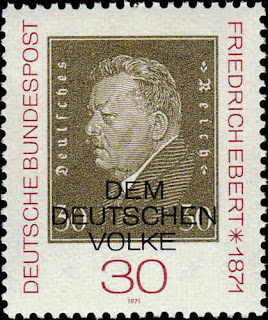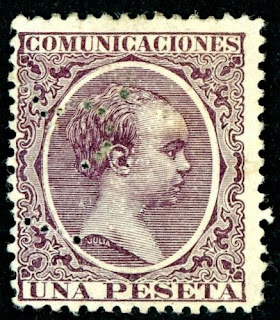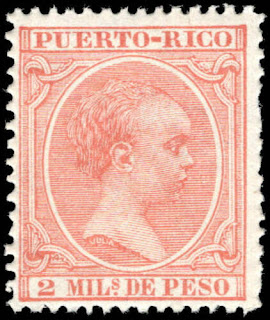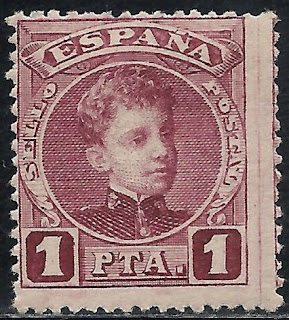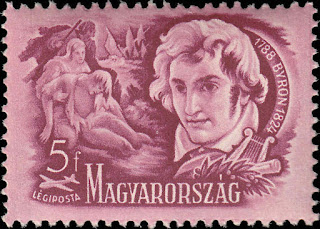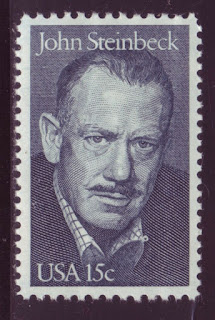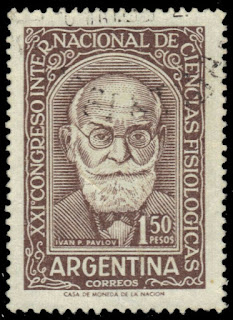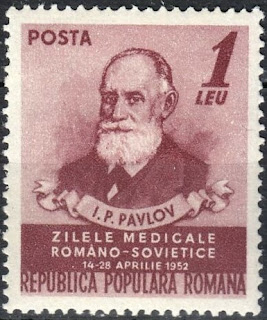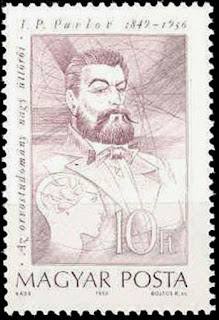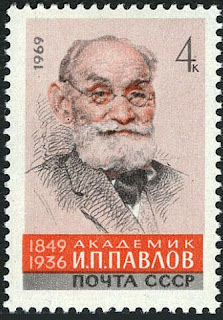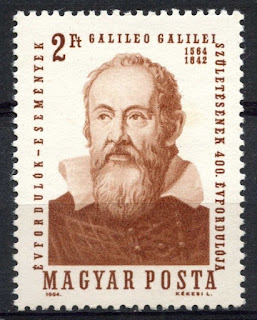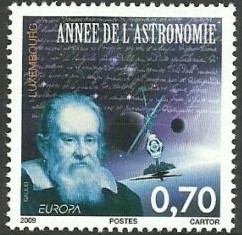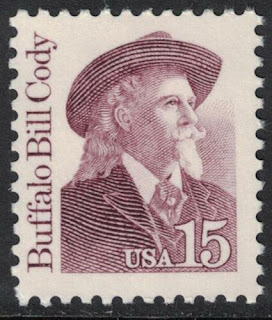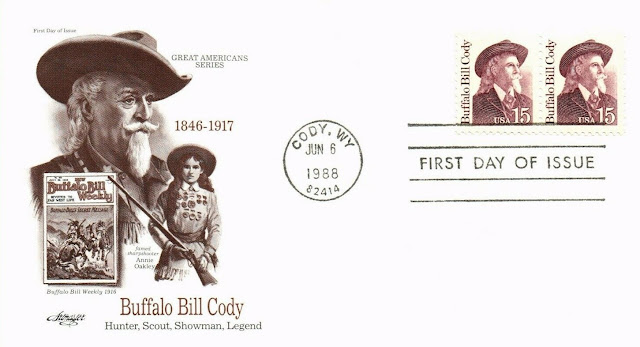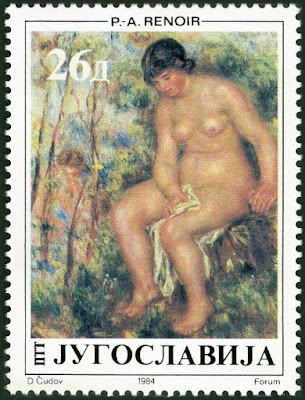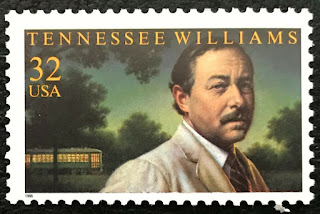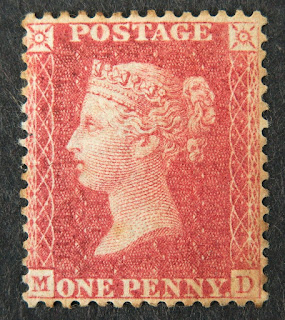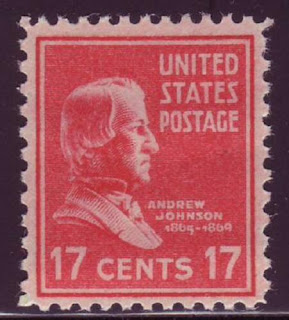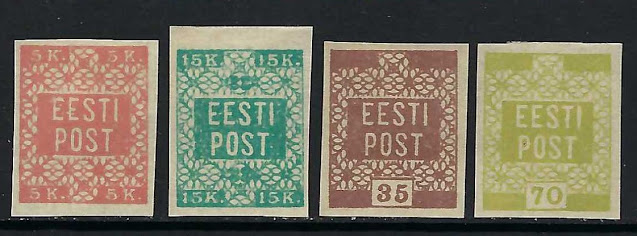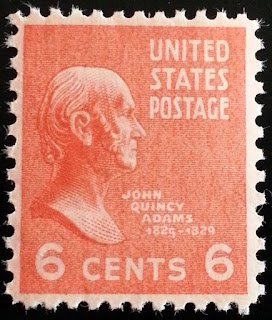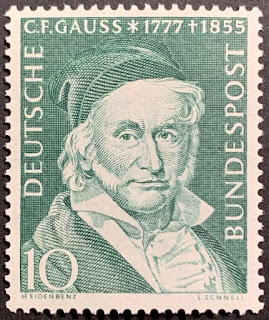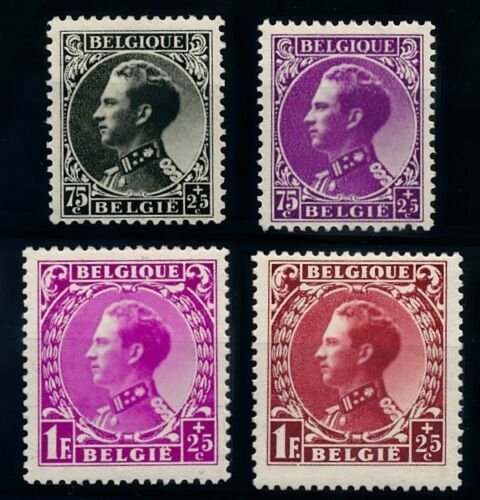Here are some events that happened on February 23rd. It could be an event or a person that died or was born on that day
1848 Died: John Quincy Adams, American politician, 6th President of the United States (b. 1767)
John Quincy Adams (July 11, 1767 – February 23, 1848) was an American statesman, diplomat, lawyer, and diarist who served as the sixth president of the United States, from 1825 to 1829. He previously served as the eighth United States Secretary of State from 1817 to 1825. During his long diplomatic and political career, Adams also served as an ambassador, and as a member of the United States Senate and House of Representatives representing Massachusetts. He was the eldest son of John Adams, who served as the second US president from 1797 to 1801, and First Lady Abigail Adams. Initially a Federalist like his father, he won election to the presidency as a member of the Democratic-Republican Party, and in the mid-1830s became affiliated with the Whig Party.
Born in what is now Quincy, Massachusetts (then part of the town of Braintree), Adams spent much of his youth in Europe, where his father served as a diplomat. After returning to the United States, Adams established a successful legal practice in Boston. In 1794, President George Washington appointed Adams as the U.S. ambassador to the Netherlands, and Adams would serve in high-ranking diplomatic posts until 1801, when Thomas Jefferson took office as president. Federalist leaders in Massachusetts arranged for Adams's election to the United States Senate in 1802, but Adams broke with the Federalist Party over foreign policy and was denied re-election. In 1809, Adams was appointed as the U.S. ambassador to Russia by President James Madison, a member of the Democratic-Republican Party. Adams held diplomatic posts for the duration of Madison's presidency, and he served as part of the American delegation that negotiated an end to the War of 1812. In 1817, newly elected president James Monroe selected Adams as his Secretary of State. In that role, Adams negotiated the Adams–Onís Treaty, which provided for the American acquisition of Florida. He also helped formulate the Monroe Doctrine, which became a key tenet of U.S. foreign policy.
The 1824 presidential election was contested by Adams, Andrew Jackson, William H. Crawford, and Henry Clay, all of whom were members of the Democratic-Republican Party. As no candidate won a majority of the electoral vote, the House of Representatives held a contingent election to determine the president, and Adams won that contingent election with the support of Clay. As president, Adams called for an ambitious agenda that included federally funded infrastructure projects, the establishment of a national university, and engagement with the countries of Latin America, but many of his initiatives were defeated in Congress. During Adams's presidency, the Democratic-Republican Party polarized into two major camps: one group, known as the National Republican Party, supported President Adams, while the other group, known as the Democratic Party, was led by Andrew Jackson. The Democrats proved to be more effective political organizers than Adams and his National Republican supporters, and Jackson decisively defeated Adams in the 1828 presidential election, the second president (after his father) to fail re-election.
Rather than retiring from public service, Adams won election to the House of Representatives, where he would serve from 1831 to his death in 1848. He remains the only ex-president to be elected to the chamber (although John Tyler was elected a Confederate representative, dying before seated). Narrowly failing attempts at Governor of Massachusetts and re-election to the Senate, Adams joined the Anti-Masonic Party in the early 1830s before becoming a member of the Whig Party, which united those opposed to President Jackson. During his time in Congress, Adams became increasingly critical of slavery and of the Southern leaders who he believed controlled the Democratic Party. He was particularly opposed to the annexation of Texas and the Mexican–American War, which he saw as a war to extend slavery and its political grip on Congress. He also led the repeal of the "gag rule", which had prevented the House of Representatives from debating petitions to abolish slavery. Historians generally concur that Adams was one of the greatest diplomats and secretaries of state in American history; they typically rank him as an average president, as he had an ambitious agenda but could not get it passed by Congress.
US Stamps depicting John Quincy Adams
1854 – The official independence of the Orange Free State is declared.
The Orange Free State (Dutch: Oranje Vrijstaat, Afrikaans: Oranje-Vrystaat, abbreviated as OVS) was an independent Boer sovereign republic under British suzerainty in Southern Africa during the second half of the 19th century, which ceased to exist after it was defeated and surrendered to the British Empire at the end of the Second Boer War in 1902. It is one of the three historical precursors to the present-day Free State province.
Extending between the Orange and Vaal rivers, its borders were determined by the United Kingdom of Great Britain and Ireland in 1848 when the region was proclaimed as the Orange River Sovereignty, with a British Resident based in Bloemfontein. Bloemfontein and the southern parts of the Sovereignty had previously been settled by Griqua and by Trekboere from the Cape Colony.
The Voortrekker Republic of Natalia, founded in 1837, administered the northern part of the territory through a landdrost based at Winburg. This northern area was later in federation with the Republic of Potchefstroom which eventually formed part of the South African Republic (Transvaal).
Following the granting of sovereignty to the Transvaal Republic, the British recognised the independence of the Orange River Sovereignty and the country officially became independent as the Orange Free State on 23 February 1854, with the signing of the Orange River Convention. The new republic incorporated the Orange River Sovereignty and continued the traditions of the Winburg-Potchefstroom Republic.
The Orange Free State developed into a politically and economically successful republic and for the most part enjoyed good relationships with its neighbors. It was annexed as the Orange River Colony in 1900. It ceased to exist as an independent Boer republic on 31 May 1902 with the signing of the Treaty of Vereeniging at the conclusion of the Second Boer War. Following a period of direct rule by the British, it attained self-government in 1907 and joined the Union of South Africa in 1910 as the Orange Free State Province, along with the Cape Province, Natal, and the Transvaal. In 1961, the Union of South Africa became the Republic of South Africa.
The Republic's name derives partly from the Orange River, which in turn was named in honor of the Dutch ruling family, the House of Orange, by the Dutch explorer Robert Jacob Gordon. The official language in the Orange Free State was Dutch.
Some stamps issued by the Orange Free State
1855 Died: Carl Friedrich Gauss, German mathematician, astronomer, and physicist (b. 1777)
Johann Carl Friedrich Gauss (Latin: Carolus Fridericus Gauss; 30 April 1777 – 23 February 1855) was a German mathematician and physicist who made significant contributions to many fields in mathematics and science. Sometimes referred to as the Princeps mathematicorum (Latin for '"the foremost of mathematicians"') and "the greatest mathematician since antiquity", Gauss had an exceptional influence in many fields of mathematics and science, and is ranked among history's most influential mathematicians.
German stamp and First Day Cover depicting Gauss
1898 – Émile Zola is imprisoned in France after writing J'Accuse…!, a letter accusing the French government of antisemitism and wrongfully imprisoning Captain Alfred Dreyfus.
Émile Édouard Charles Antoine Zola (2 April 1840 – 29 September 1902) was a French novelist, playwright, journalist, the best-known practitioner of the literary school of naturalism, and an important contributor to the development of theatrical naturalism. He was a major figure in the political liberalization of France and in the exoneration of the falsely accused and convicted army officer Alfred Dreyfus, which is encapsulated in the renowned newspaper headline J'Accuse…! Zola was nominated for the first and second Nobel Prize in Literature in 1901 and 1902
More than half of Zola's novels were part of a set of 20 collectively known as Les Rougon-Macquart, about a family under the Second Empire. Unlike Balzac, who in the midst of his literary career resynthesized his work into La Comédie Humaine, Zola from the start, at the age of 28, had thought of the complete layout of the series. Set in France's Second Empire, in the context of Baron Haussman's changing Paris, the series traces the "environmental" influences of violence, alcohol, and prostitution which became more prevalent during the second wave of the Industrial Revolution. The series examines two branches of a family—the respectable (that is, legitimate) Rougons and the disreputable (illegitimate) Macquarts—for five generations.
As he described his plans for the series, "I want to portray, at the outset of a century of liberty and truth, a family that cannot restrain itself in its rush to possess all the good things that progress is making available and is derailed by its own momentum, the fatal convulsions that accompany the birth of a new world."
He is considered to be a significant influence on those writers that are credited with the creation of the so-called new journalism; Wolfe, Capote, Thompson, Mailer, Didion, Talese and others. Tom Wolfe wrote that his goal in writing fiction was to document contemporary society in the tradition of John Steinbeck, Charles Dickens, and Émile Zola.



1934 – Leopold III becomes King of Belgium.
Leopold III (3 November 1901 – 25 September 1983) was King of the Belgians from 1934 until 1951, when he abdicated in favor of the heir apparent, his son Baudouin. From 1944 until 1950, Leopold's brother, Charles, served as prince regent while Leopold was declared unable to reign. Leopold's controversial actions during the Second World War resulted in a political crisis known as the Royal Question. In 1950, the debate about whether Leopold could resume his royal functions escalated. Following a referendum, Leopold was allowed to return from exile to Belgium, but the continuing political instability pressured him to abdicate in 1951.
Leopold was born in Brussels and succeeded to the throne of Belgium on 23 February 1934, following the death of his father King Albert I.
Some stamps issued by Belgium depicting King Leopold III

